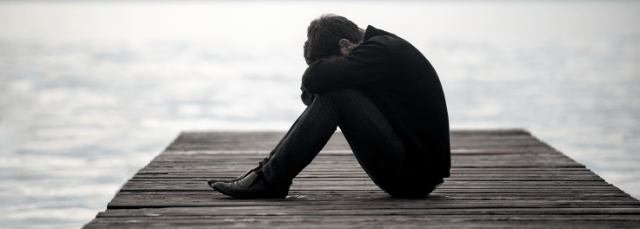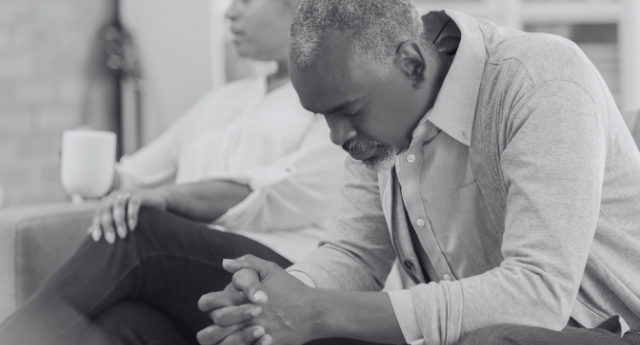The Unravelling
Phase Three: A Journey Through Grief, PTSD, and Healing. This powerful and deeply personal blog explores the emotional aftermath of losing a loved one, focusing on grief, PTSD, depression, and the hidden struggles men often face. Through reflections on marriage, mental health stigma, and the pain of divorce, it offers a raw yet hopeful journey toward healing and transformation.
Noshad Q
4/9/20253 min read


Signs of Emotional Breakdown – Recognising PTSD and Depression
Grief has a way of creeping into every corner of your life, often unnoticed until it becomes unbearable. After losing my father on my wedding day, I found myself drowning in emotions I didn’t fully understand. Sleepless nights became the norm. Panic attacks came without warning. Simple conversations felt like impossible tasks.
PTSD and depression aren’t always obvious. They don’t show up with a label or a flashing sign. Instead, they manifest in small, insidious ways, irritability, withdrawal, lack of interest in things you once loved. I became a shadow of myself, existing but not truly living. If you’re feeling overwhelmed by your emotions, struggling to function, or finding yourself trapped in a cycle of numbness and despair, it’s important to seek help. You’re not weak, you’re human.
The Strain on My Marriage – How Grief Impacted My Relationship
Grief is not just a personal battle; it seeps into relationships, affecting the people closest to you. I wish I had realised this sooner. My marriage began to strain under the weight of my pain. I withdrew, unable to express what I was feeling. My wife, trying to reach me, felt helpless in the face of my silence.
When one partner is struggling with mental health issues, the other often carries an invisible burden, trying to support while also dealing with their own emotions. Communication suffered, intimacy faded, and misunderstandings piled up. I didn’t know how to ask for help, and she didn’t know how to reach me. The disconnect widened until it felt unbridgeable. If I could go back, I would tell my past self that grief is a journey best shared, not suffered alone.


The Stigma of Male Vulnerability – Society’s Expectations of ‘Being Strong’
Men are often told to be strong, to suppress emotions, to ‘man up’ in the face of adversity. But what does that really mean? For me, it meant bottling up emotions until they exploded in ways I couldn’t control. It meant suffering in silence because vulnerability was seen as weakness.
The stigma around male mental health is dangerous. It keeps men from seeking help, from opening up, from healing. I was caught in this web of expectations, afraid that admitting my struggles would make me ‘less of a man.’ But the truth is, there is nothing weak about feeling, about struggling, about seeking support. Strength lies in acknowledging your pain and finding the courage to confront it.
Moving Forward The unravelling of my life led me to a deeper understanding of myself. It taught me that grief, PTSD, and depression do not define me, they are simply parts of my story. If you’re struggling, know this: you are not alone. There is strength in seeking help, in sharing your journey, in allowing yourself to heal.
Life doesn’t end with loss, it transforms. And so do we.
Divorce: Another Loss to Grieve – The Emotional and Mental Toll
When my marriage ended, it felt like another death, another layer of grief on top of an already unbearable weight. Divorce isn’t just the end of a relationship; it’s the unravelling of a shared life, of dreams built together. It left me questioning everything, my worth, my future, my ability to love and be loved.
The mental toll of divorce is often underestimated. It brings loneliness, self-doubt, and a profound sense of failure. But in that darkness, I began to realise something: healing is not about forgetting or erasing pain. It’s about learning to carry it differently. It’s about rebuilding, one step at a time, and finding hope where it once seemed lost.
